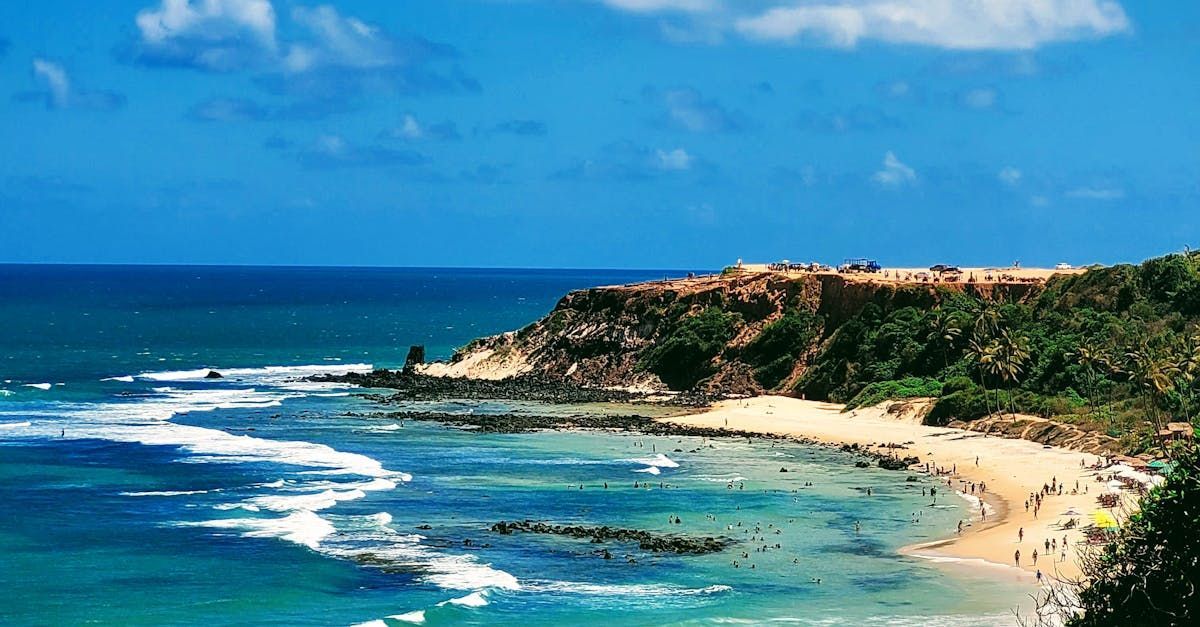Portuguese Nationality for Portuguese Parents
Find out more about obtaining Portuguese Nationality for Portuguese Parents (through their child): when it is possible and what the requirements are.

It may seem an unusual and even unlikely question, but it's one that comes up more often than you might think. After all, how can a son be Portuguese and his parents not?
There are some cases. And in many of them, the law makes it easier for parents to obtain Portuguese nationality or legally reside in Portugal.
In this article, we will detail the provisions of current legislation for such situations.
Ancestry or Descent?
First, a brief explanation of the difference between these little words that are constantly confused when talking about citizenship.
Ancestry: This refers to origin and is related to family background: parents, grandparents and other ancestors. For example, if someone was born in Portugal and has Portuguese parents or grandparents, they have Portuguese ancestry.
Descent: This is linked to a person's descendants, i.e. children and grandchildren.
If your father is Portuguese:
1. You are of Portuguese descent.
2. His father is his Portuguese ancestor.
Portuguese Nationality through a Portuguese Son?
Can you get Portuguese nationality from a Portuguese child? In other words, can you acquire nationality by being an ancestor of a Portuguese citizen?
First of all, it's important to know:
- How did your son obtain Portuguese nationality?
- Why don't you, the father or mother, have Portuguese nationality?
Portuguese nationality for parents of a child born in Portugal
The most common case is that of a foreign immigrant who lives in the country and whose child was born on Portuguese soil, thus acquiring original Portuguese citizenship.
According to current law (Article 1, f), of Law 37/81, of October 3, as amended by Decree-Law no. 26/2022), in order for the child to have this right, one of the parents must:
- Reside in Portugal without residence permita for at least one year.
or - Be in the country legally, regardless of the length of stay.
In such cases, original nationality is possible for the child.
For more detailed information on your case of nationality for those born in Portugal fale with us.
These same changes to the law, which took place in 2022, made it possible for parents to apply for Portuguese nationality by naturalization after residing in the country for at least 5 years, regardless of the authorization title.
But if you've lived in the country for five years, you can't apply for for length of residence?
What's the advantage here?
This opportunity is advantageous for families who have lived in Portugal for long periods without a valid residence permit. It is worth remembering that obtaining citizenship by length of residence requires the applicant to have lived in Portugal for at least 5 years*. And even with the current changes, you still need to be legal in the country to apply.
*It should be remembered that there are other requirements: to be over 18, to have knowledge of the Portuguese language and not to have been involved in terrorist activities or to have been convicted of crimes with a sentence of more than 3 years (to have a clean criminal record).
Want to live in Europe?
Achieving your goal of living in Europe or having European citizenship can be simpler than you think. We offer personalized support to make the immigration process more accessible and uncomplicated.
Proof of 5 years' residence without a title in Portugal
To prove 5 years of residence in Portugal without a Residence Permit (AR) or Expression of Interest (MI), there are a few options:
- Get a certificate from the parish council. This certificate serves as proof of residence.
- Proof of compliance with social security or tax obligations. This can include income tax returns, proof of payment of social security contributions or other related documents.
- Proof of school attendance, if you have children of school age or if you are studying yourself. These can be statements from the school or other documents related to education.
Had a child with a Portuguese person but is not married
In these cases, the law does not provide for the automatic granting of citizenship. If you are not married to a Portuguese citizen or have a stable union, the alternative to obtaining Portuguese citizenship would be to live in Portugal.
If you have an original Portuguese child, you are legally allowed to live in the country. You will be allowed to live, study, work and enjoy all social services as a Portuguese citizen. After 5 years living in the country, you can apply for citizenship by length of residence, if you meet the other requirements. And it doesn't even have to be a legal residence. In other words, even if you don't have a residence permit or have made an expression of interest, you can still apply for citizenship by naturalization:
Article 6(8) - The Government may grant nationality, by naturalization, with exemption from the requirement set out in paragraph 1(b), to individuals who are descendants of original Portuguese citizens, who have resided here, regardless of title, for at least five years immediately prior to the application and provided that the ancestry was established at the time of the Portuguese citizen's birth.
Son obtained Portuguese citizenship through marriage
Likewise, the law does not provide for the automatic granting of citizenship to the parents of foreigners who became Portuguese citizens through marriage (derivative citizenship). In this case, there may be easier access to a residence permit if the child in question decides to live in Portugal and include the ascendant as a dependent. There are other requirements that must be met, according to the Law that regulates the rights of European Union citizens and their family members (Law 37/2006 of August 9), for the parents of citizens who have obtained derivative Portuguese citizenship. If the parents are under 65, they need to prove (for example, through bank transfers to the country of origin, a declaration from the state of origin that they do not receive any pension or financial support) that they are financially dependent on their child. This requirement is waived when the ascendant is over 65.
Having a Portuguese child makes it easier to live in Portugal
Having a Portuguese child can simplify the process of residing in Portugal. If you don't fit into the cases that allow direct access to Portuguese citizenship, it is still possible to seek residence in Portugal as an intermediate step towards naturalization, as there is the possibility of obtaining a residence permit, without a visa, for those who have minor children with Portuguese nationality over whom they effectively exercise parental responsibilities and for whom they ensure support and education (article 122, k, of the Aliens Law - Law 23/2007, of July 4).
Don't you fit any of these examples?
Send your questions to our team of experts. Fill in our form and provide details about how your child acquired Portuguese citizenship and your plans to obtain your own. Our team will help you find the best way forward.
Via Portugal - Visas, Nationality, Citizenship, Legalization, Investment and Entrepreneurship













